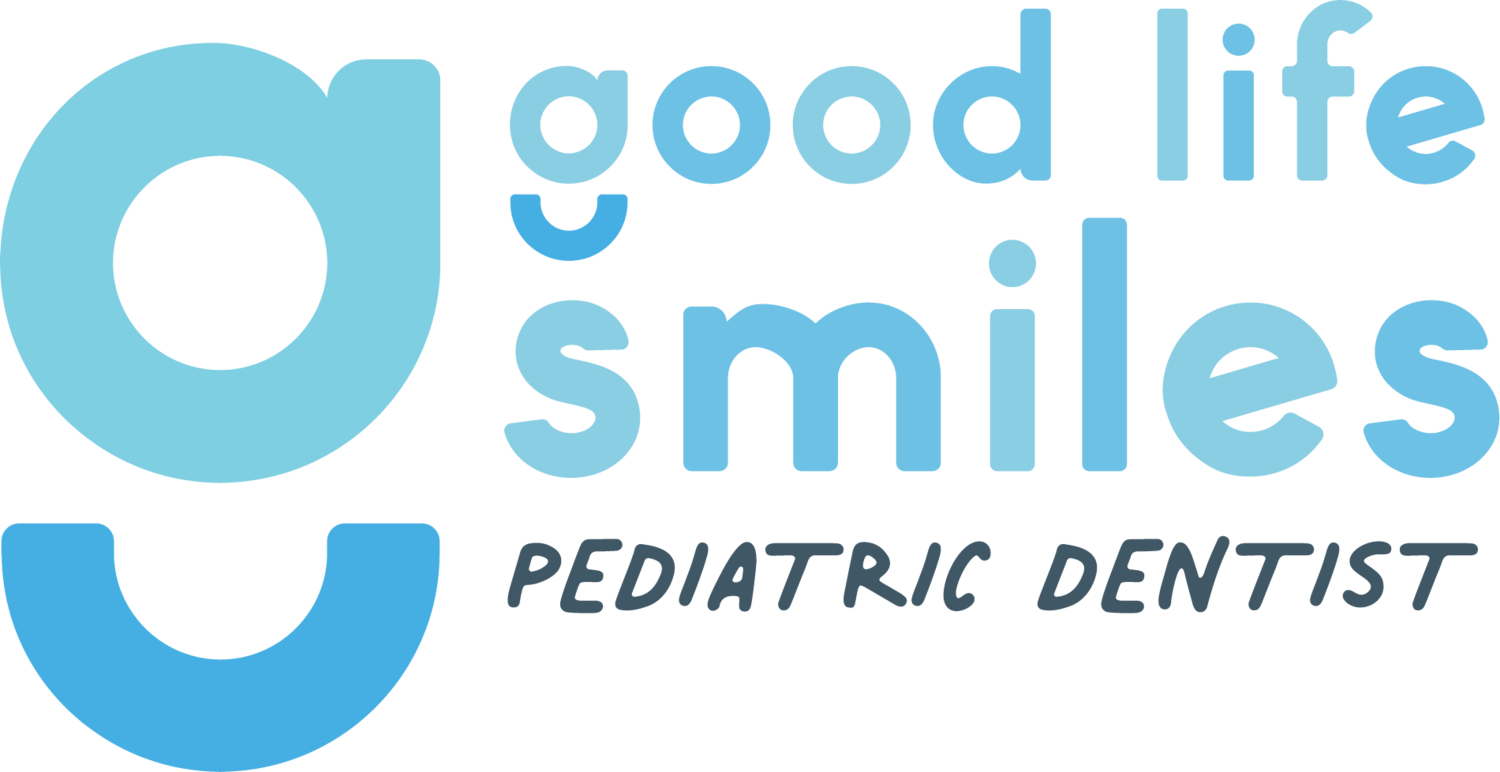G is for Grinding Teeth
Grinding teeth is a common concern that grown-ups ask about during their kids’ dental visits. Whether it's babies grinding their newly erupted teeth or loud grinding noises heard from a bedroom down the hall when kids are sleeping, teeth grinding has a few known causes, some of which may require treatment.
Why do kids grind their teeth during the day?
When kids start getting their teeth, some parents may notice grinding during the day, similar to teething after teeth emerge. Babies and toddlers may grind their teeth as they learn how they relate to each other and how they function. The noise can be enough to drive some people crazy! Dr. Pete advises against trying to correct the habit or drawing attention to it, as this may turn it into a game for little kids and actually perpetuate the habit. As kids figure out how their new teeth work, the grinding usually stops on its own. So, before that time comes, take a deep breath, and resist the urge to start grinding your own teeth.
Why do kids grind their teeth during sleep?
Grinding teeth during sleep is more concerning than grinding during the day and may warrant a visit to your child’s pediatrician or ENT. In children, nighttime grinding is typically caused by one of two things: acid reflux or sleep-disordered breathing.
Acid reflux occurs when a muscle between the stomach and the esophagus relaxes, allowing stomach acid to travel back up into the esophagus. Reflux sufferers may complain of heartburn, stomachache, or “hot burps.” At night, symptoms may also include bad breath or a bad taste in the mouth the next morning. When we lie down to sleep, gravity no longer helps keep the stomach contents down, allowing stomach acid to travel through the esophagus back into the mouth. Our body’s natural response is to neutralize the acid by producing saliva. Chewing stimulates the flow of saliva into the mouth, which buffers the acid. However, this process can demineralize or weaken enamel on teeth, especially during nighttime grinding. Baby teeth affected by nighttime grinding caused by acid reflux have a specific pattern of wear that can be diagnosed by a pediatric dentist. Diagnosing and treating the acid reflux can stop nighttime grinding, leading to improved oral health, more restful sleep, and overall wellness.
Another known cause of nighttime grinding is sleep-disordered breathing. Ideally, during sleep, the mouth is closed, the tongue rests against the roof of the mouth, and we breathe through our nose. In young kids, the resting position of the tongue on the palate is incredibly important because it acts as a natural palate expander. Pressure from the tongue causes the palate to flatten and the upper jaw and nasal passages to widen.
When a child breathes through their mouth at night, the tongue rests on the floor of the mouth. This can cause the palate to develop more of an arched shape, and the upper jaw and nasal passage become narrower. Mouth breathing can also result in inflammation of the adenoids and tonsils, which may further restrict the airway.
Many toddlers with sleep-disordered breathing will sleep on their tummies, curled up with their butts in the air, heads to the side, and mouths open. Other kids may sleep on their sides or backs with their necks extended and mouths open. Both of these positions are compensations to make their airways bigger for more efficient (though not normal) breathing. Grinding may occur when kids move their lower jaws in an attempt to make their airways bigger for better breathing.
What about mouthguards or night guards?
Many adults who grind their teeth at night are treated with mouthguards to wear during sleep. Can these be made for kids? Maybe, but Dr. Pete has never treated grinding in kids with a mouthguard. While a mouthguard may prevent wear on the teeth, it does not address the root cause of the grinding. An appropriate referral to a pediatrician, ENT specialist, and/or orthodontist is a better option, allowing us to address grinding at its source.
Have more questions about your kids’ grinding habits?
Schedule a visit with Dr. Pete here!
Good Life Smiles blog content is for educational and entertainment purposes and should never substitute for informed dental or medical advice from your pediatric dentist and pediatrician.

